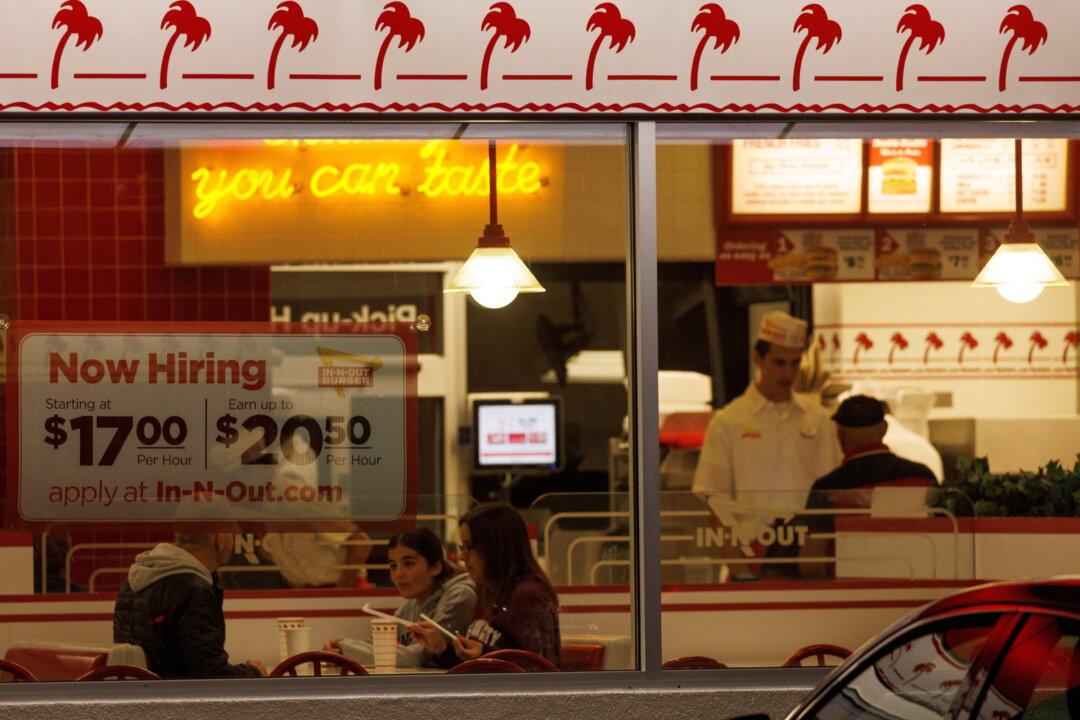The Sacramento Superior Court ruled in favor Jan. 13 of a coalition of restaurateurs and small businesses seeking to stop the implementation of the Fast Food Accountability and Standards Act—known as the FAST Act—until signatures on a petition, which would put the issue before voters to possibly overturn the law, are verified.
The law, which was signed by California Gov. Gavin Newsom on Labor Day in 2022 and was to have gone into effect on Jan. 1, establishes a government-run 10-member council including state officials, representatives of franchisors and franchisees, as well as employees and their advocates, appointed by the governor.





